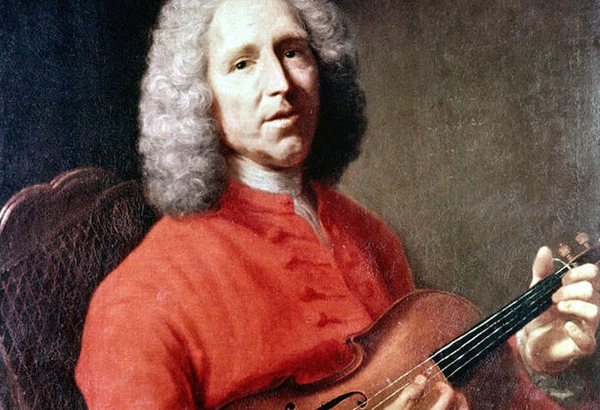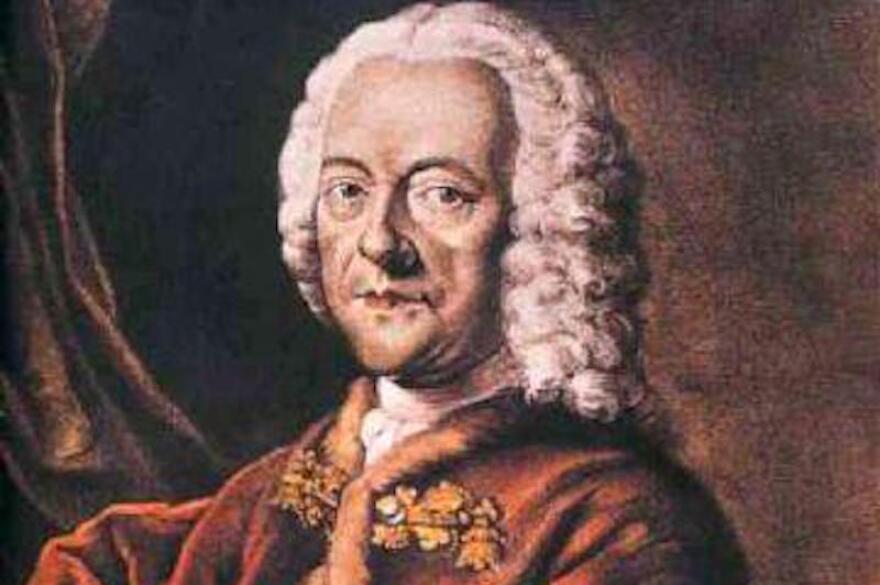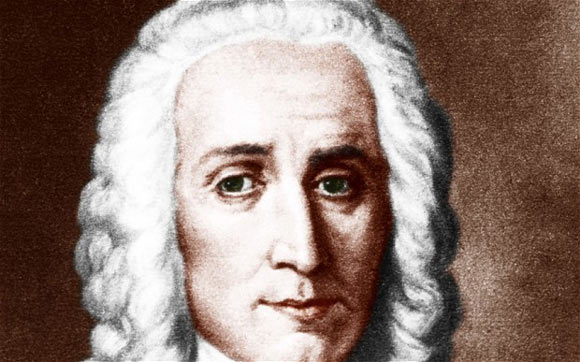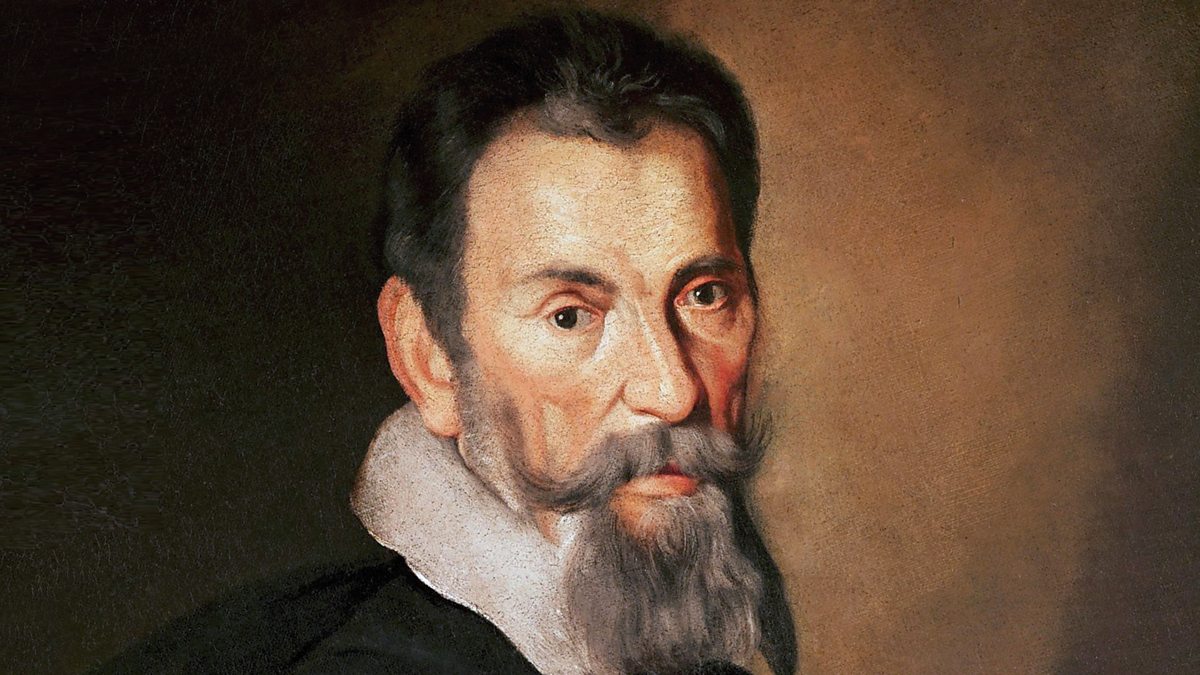In the world of classical music, few names shine as brightly as Jean-Philippe Rameau. A true master of his craft, Rameau is often considered one of the most influential composers of the Baroque era. His groundbreaking compositions, innovative theories, and remarkable contributions to music have left an indelible mark on the history of Western classical music. Join us as we delve into the fascinating biography of this musical genius and explore the legacy he left behind. Born on September 25, 1683, in Dijon, France, Jean-Philippe Rameau displayed an early aptitude for music. His father, an organist, recognized his son's talents and ensured he received a comprehensive musical education. Rameau studied under several renowned composers, including Jean-Baptiste Moreau and André Raison, developing his skills as both a performer and a composer.
In the realm of classical music, few names resonate with as much brilliance and innovation as Georg Philipp Telemann. Born on March 14, 1681, in Magdeburg, Germany, Telemann was a prolific composer and multi-instrumentalist who left an indelible mark on the Baroque era. His extraordinary talent, tireless dedication, and groundbreaking compositions have cemented his place as one of the most influential figures in music history. Join us as we delve into the captivating biography of this musical genius and explore the fascinating world of Georg Philipp Telemann. From an early age, Telemann displayed an exceptional aptitude for music. As a child, he taught himself to play several instruments, including the violin, keyboard, and flute. His passion for composition flourished during his years at the University of Leipzig, where he immersed himself in the vibrant musical scene of the time. Despite his father's disapproval of a career in music, Telemann's unwavering determination led him to pursue his dreams and embark on a path that would forever change the landscape of classical music.
In the annals of classical music, few composers have left an indelible mark on the world as Domenico Scarlatti did. Renowned for his groundbreaking contributions to the development of keyboard music, Scarlatti's compositions continue to captivate audiences centuries after his time. This blog post delves into the fascinating biography of this Italian maestro, shedding light on his life, artistic journey, and enduring musical legacy. Born on October 26, 1685, in Naples, Italy, Domenico Scarlatti hailed from a family steeped in musical tradition. His father, Alessandro Scarlatti, a prominent composer of the Baroque era, recognized his son's prodigious talent at a young age and nurtured it. Under Alessandro's guidance, Domenico received comprehensive musical training and excelled in various instruments, including the harpsichord and the organ.
In the realm of classical music, there are few figures as influential and revolutionary as Claudio Monteverdi. Born in 1567 in Cremona, Italy, Monteverdi's artistic prowess and innovative compositions transformed the landscape of music during the transition from the Renaissance to the Baroque era. This blog post delves into the captivating biography of Claudio Monteverdi, exploring his life, accomplishments, and lasting legacy. Claudio Monteverdi was born into a musical family, and his father recognized his exceptional talent at an early age. Under the guidance of his father and a strong musical community in Cremona, Monteverdi honed his skills as a composer and performer. He received an education in music, literature, and humanities, which laid the foundation for his future achievements.



